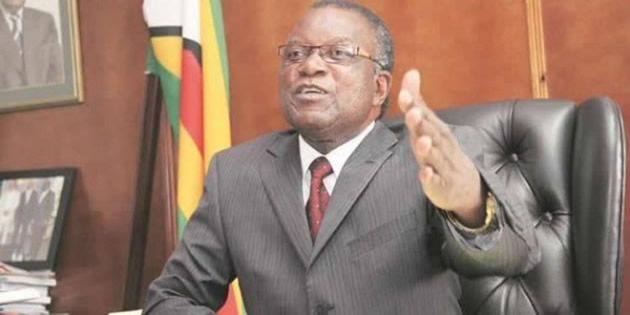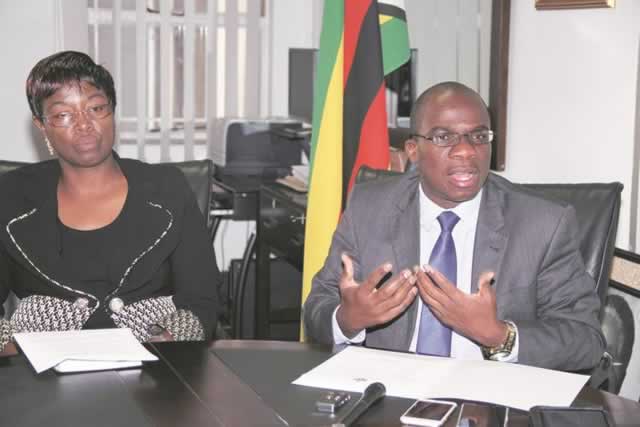Editorial Comment: Adequate insurance needed for accidents

AS long as drivers break the laws and assume they possess skills that they in fact lack, we are going to have road accidents and people are going to be killed and injured.
This can give rise to large bills for medical treatment and for funerals and compensation for death. The person responsible for the accident, something the courts decide, is legally responsible for these bills, but frequently cannot pay them.
This is why a basic third-party insurance policy is compulsory. Such insurance is cheap, but frequently does not cover all monetary losses arising from an accident. However, it is a lot better than nothing and forms the main method in Zimbabwe of compensating those injured in accidents.
There are some problems. Transport and Infrastructural Development Minister Dr Joram Gumbo told the National Assembly this week that the system was weakened by a proliferation of fake policies.
For this reason, and others not given, Dr Gumbo and his ministry are preparing recommendations for a Road Accident Fund to be run by a State agency. Many other countries have such a national insurance scheme with the premiums usually deducted at the same time, and in the same place, as the road tax or vehicle licence fee as it is called in Zim- babwe.
This does solve a number of problems. For a start, the insurance certificate cannot be forged; indeed there might not be such a certificate to forge since car owners will make just one payment at set intervals to cover the licence fee, the accident fund insurance fee and any other fee, such as the safety levy now paid by insurance companies from third party policies. It would certainly simplify matters.
There is another possible route, leaving the statutory third party insurance with the private companies but discussing how this can be upgraded and putting in place severe penalties for forging insurance certificates. Whether the basic insurance remains in private hands or becomes a State matter, probably with a connection to Zinara, is less important than ensuring that it does ensure victims of accidents are properly helped and that all vehicles carry such insurance.
Private companies will not be seriously affected. The basic third party insurance policy is not a highly profitable business, although obviously the companies do not lose money on it. The main profit flow from motor insurance comes from the fully comprehensive policies, and setting up a National Accident Fund will not affect these except perhaps by excluding claims that have to be made legally on the fund.
Dr Gumbo is, sensibly, consulting all involved.
He needs to make it clear that what is not up for debate is the need to have a proper compensation scheme in place. The mechanics of how this is to be run can be debated and options examined.
Serious accidents killing many are often declared national disasters allowing the State to give some help. But most people die in much less serious accidents and for the families who survive it does not make much difference whether the breadwinner died with others or died alone. The present statutory third party scheme is not very wonderful, even when it is not being circumvented.
We think there is a very strong case for a national basic no-fault insurance scheme that copes with loss of life and limb. That quite probably is best run, and most cheaply run, as an adjunct to Zinara. But if the insurance industry has a better idea then now is time to tell the minister.
The insurance companies can then do what they are good at – insuring their clients against loss of property, their own or that belonging to others that their clients are legally responsible for compensating. The two schemes can operate together without any problem. They do so in many countries.









Comments